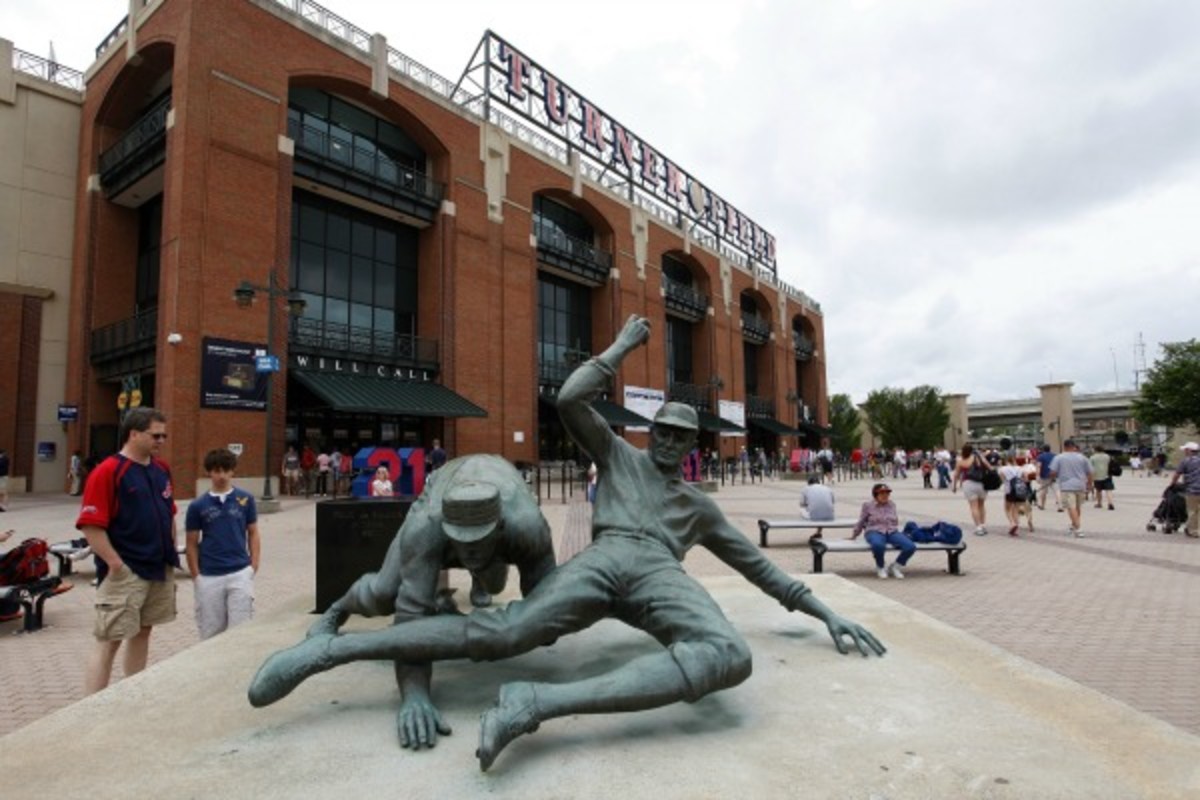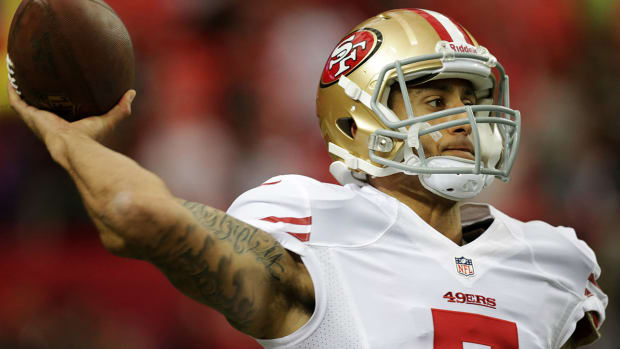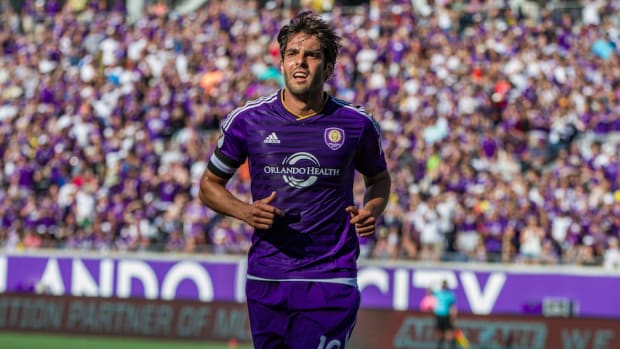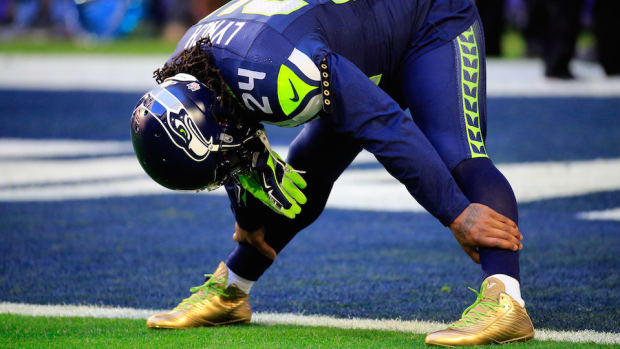
Atlanta Braves to relocate to new suburban stadium in 2017
The Braves moved into Turner Field after the 1996 Summer Olympics. (Joe Robbins/Getty Images)
The Atlanta Braves announced plans on Monday to relocate to a new suburban stadium in 2017, as first reported by the Marietta Daily Journal.
The Atlanta Journal Constitutionreports that Braves executives John Schuerholz, Mike Plant and Derek Schiller told a small group of reporters that the new ballpark will be built in suburban Cobb County, at the northwest intersection of I-75 and I-285 in the Galleria/Cumberland Mall area. They said the team has “secured” 60 acres of land for the project, according to the Journal-Constitution.
The Braves said that the project will be built in partnership with Cobb County. The Atlanta Journal Constitutionreported that the county would provide $450 million in financing and the team would pay $200 million up front.
CORCORAN: A few free agents should benefit from thin pitching market
The Braves will leave Turner Field when their 20-year agreement expires after the 2016 season.
The Braves released a statement explaining the move and outlining the limitations that Turner Field presents on future remodeling and expansion:
Turner Field is a facility that was built for three weeks of use for the Olympics, but has now served us well for nearly 20 years. The issue isn't the Turner Field we play in today, but instead whether or not the venue can remain viable for another 20 to 30 years. Those upgrades still wouldn't address the logistical challenges outside the stadium – lack of consistent mass transit options, inadequate number of parking spaces and limited access to major highways.
Turner Field has served the Braves well since 1997, but it is in need of major infrastructure work, which will cost around $150 million. These upgrades are functional ones, such as replacing worn-out seats or upgrading the stadium's lighting, and they would do little to significantly enhance the fan experience. If the Braves were to pay for additional projects focused on improving the fan experience, the additional costs could exceed $200 million.





